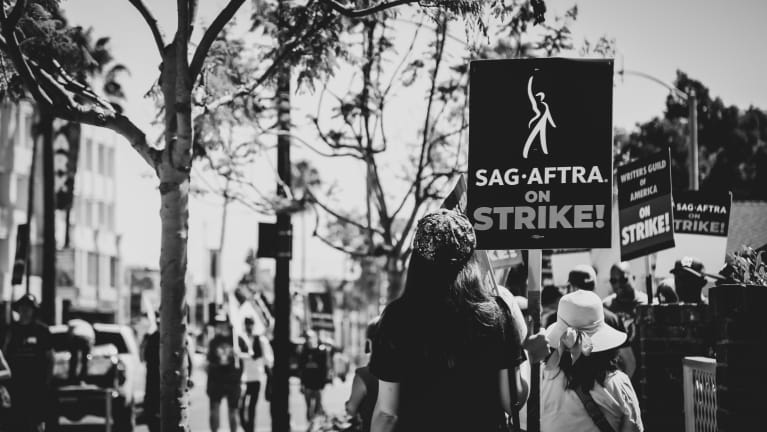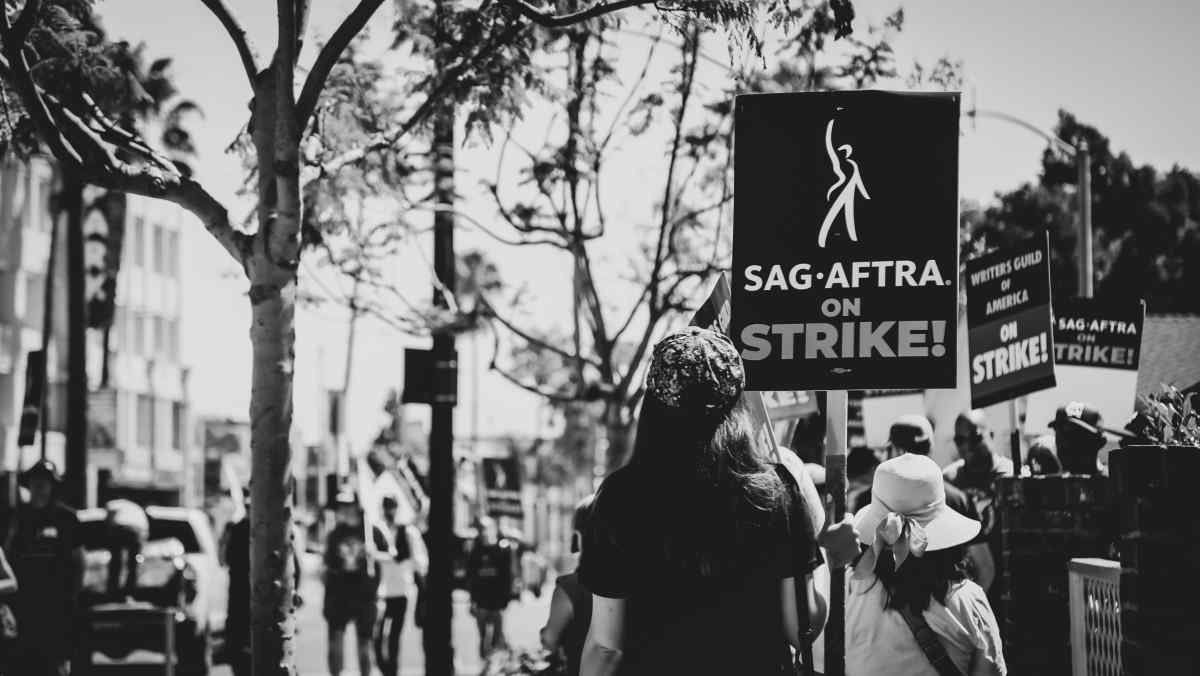

The International Brotherhood of Teamsters and the United Postal Service (UPS) sidestepped a potential walkout of about 330,000 package delivery drivers and package sorters after hammering out an agreement July 25, according to The Wall Street Journal. But other large employers could face more union activity this summer.
“The UPS-Teamsters contract is the largest collective-bargaining agreement involving a private employer in North America, and a strike could harm the supply chains of many companies,” The Wall Street Journal noted. The five-year contract still must be ratified by union members.
Prior to this breakthrough, UPS workers were poised to hit the picket line in what would have been the biggest strike in the U.S. since 1959, according to CBS News.
In recent days, a strike by workers at Yellow Corp. operating companies YRC Freight and Holland was averted when the Central States Health and Welfare Fund agreed July 23 to extend health care benefits to workers, according to a statement from the Teamsters.
The Teamsters would have joined ongoing strikes by the Screen Actors Guild—American Federation of Television and Radio Artists (SAG-AFTRA), who have been on strike since July 15, and the Writers Guild of America (WGA). WGA went on strike May 2; this is the first time in 63 years WGA and SAF-AFTRA have been on strike at the same time.
Starbucks workers went on strike in June at some of the coffee emporiums as tensions over in-store LGBTQ pride decorations heated up while unionized stores were in the midst of contract negotiations, The Wall Street Journal reported.
As of May, there were 50 ongoing strikes in the U.S., according to the Cornell University School of Industrial and Labor Relations’ Labor Action Tracker.
In 2022, 23 major work stoppages idled 120,600 workers, according to the U.S. Bureau of Labor Statistics, with the education and health services sector accounting for 88 percent of striking workers. SHRM Online reported the surge in strike activity, pointing to 417 strikes and seven lockouts last year.
The National Labor Relations Act protects certain strike activity, but not all, according to SHRM. The main types the NLRA cover are:
- Unfair labor practice strikes, which protest employers’ illegal activities.
- Economic strikes, which may occur when there are disputes over wages or benefits.
- Recognition strikes, which are intended to force employers to recognize unions.
- Jurisdictional strikes, which are concerted refusals to work to affirm members’ right to particular job assignments and to protest the assignment of work to another union or to unorganized employees.
SHRM Online collected the following news articles on this topic.
America Is Barreling Toward a Summer of Strikes
More than 650,000 American workers are threatening to go on strike this summer—or have already done so—in an avalanche of union activity not seen in the U.S. in decades.
The combined actors and writers strikes in Hollywood are already a once-in-a-generation event. Detroit’s Big Three automakers are poised to join them in coming weeks if contract negotiations fall through. One Bank of America Corp. analyst put the odds of a United Auto Workers strike at more than 90 percent.
(Bloomberg)
Major Strikes Loom in US Labor Market
The labor movement in the United States is having an unusually active moment, with as many as four high-profile strikes possible and a level of coordination among separate unions that experts say has been lacking in recent years.
(Voice of America)
UPS Reaches Tentative Labor Deal to Avoid Teamsters Strike
United Parcel Service Inc. reached a tentative agreement to renew a five-year labor contract with the Teamsters union, staving off a possible strike as soon as next week that could have paralyzed shipments throughout the US and beyond.
The provisional deal, which needs to be ratified by the Teamsters’ 340,000-strong membership in a vote next month, could be a good omen for negotiations between labor and management across several key industries.
(Bloomberg)
